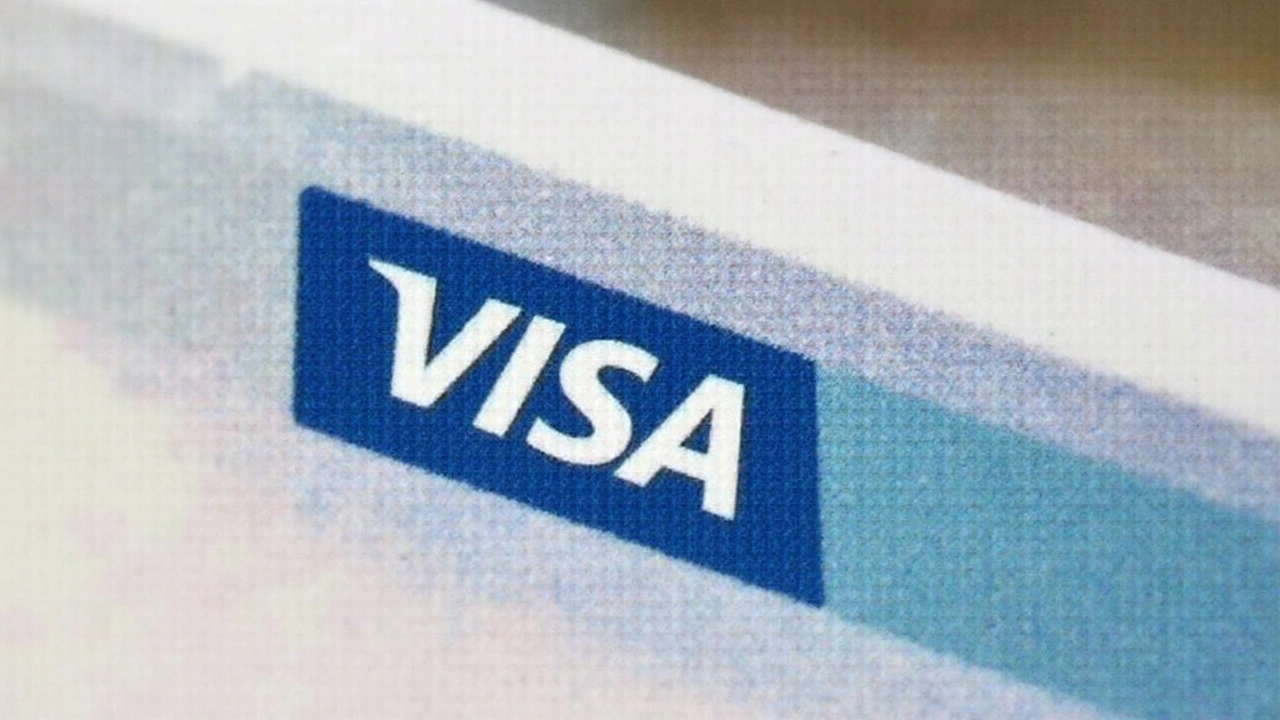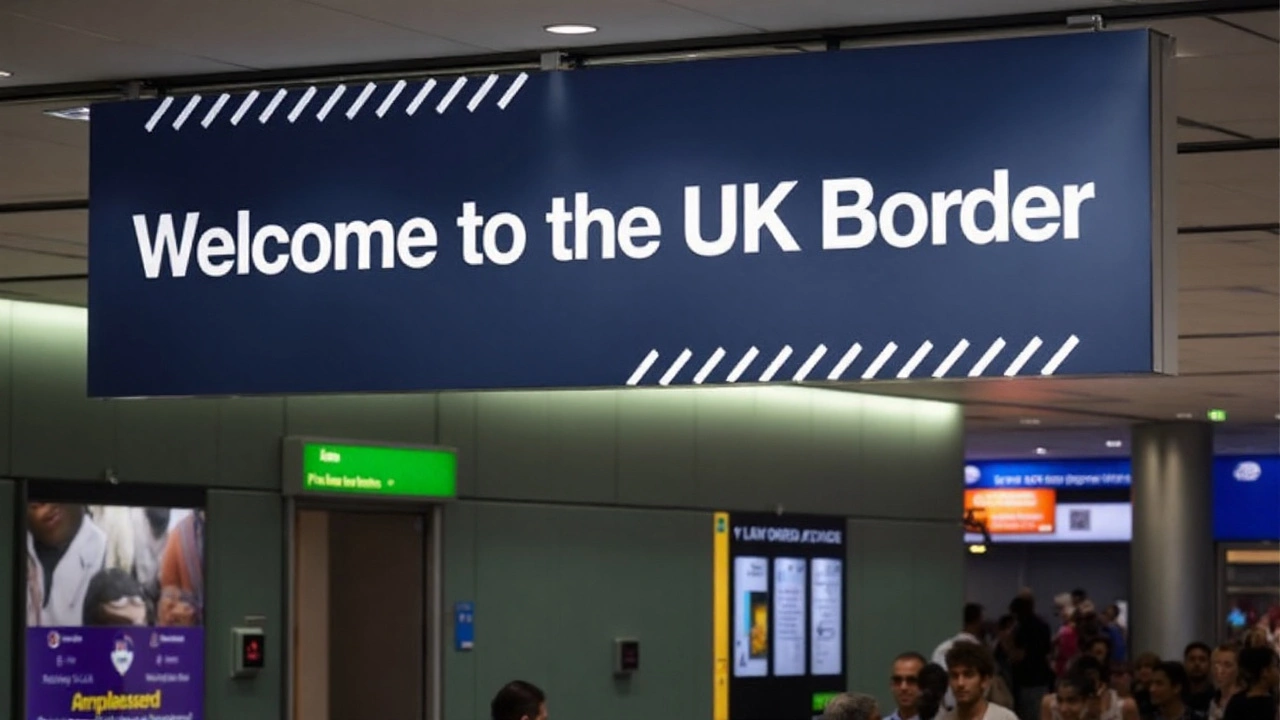
What’s Changing?
The Home Office announced a sweeping overhaul of immigration charges that kicks in on 9 April 2025. The headline number is a 120 % jump in the Certificate of Sponsorship (CoS) fee for most workers – the Skilled Worker fee jumps from £239 to £525. Tier 5 and Global Talent stage 1 endorsement fees see similar hikes, while the Immigration Skills Charge stays the same.
Licence fees aren’t immune either. Large organisations now pay £1,579 (up from £1,476) and small firms £574 (up from £536) to secure or renew a sponsor licence. On the applicant side, visa fees rise across the board by £50‑£150. A three‑year Skilled Worker visa costs £769 when filed from abroad and £885 when applied for inside the UK.
UK visa fees are therefore at their highest level in years, and the changes come with a new twist on salary calculations. When UKVI checks whether a salary meets the minimum for the Skilled Worker route, it will now strip out any invested capital, loan repayments or other deductions that relate to the business or immigration costs. Those amounts are averaged over the sponsorship period, but genuine salary‑sacrifice schemes stay untouched as long as the net pay stays above the National Minimum Wage.
The Home Office also bans sponsors from passing any sponsorship‑related costs to the employee. That means licence fees, CoS fees and any “associated administrative costs” must be borne by the employer. Breaching this rule can trigger licence revocation, putting both the sponsor and the migrant at risk.

What Employers Need to Do
Companies should treat this as a red‑flag moment and audit every contract that mentions recouping sponsorship costs. The following items are now prohibited to charge workers:
- Sponsor licence fees
- Certificate of Sponsorship fees
- Administrative expenses tied to the sponsorship process
Allowed expenses, however, still include the visa application fee itself, the Home Office’s commercial partner service charges (UKVCAS, TLScontact, VFS Global), the Immigration Health Surcharge, and professional immigration advice – provided the employee can choose the adviser and isn’t forced to use a specific provider.
Employers must update their immigration policies and employment contracts to reflect these limits. Any practice of deducting sponsorship costs from pay slips after 31 December 2024 could be seen as a breach, leading to immediate licence termination.
For workers currently on a sponsor’s licence, the stakes are high. If a sponsor loses its licence, employees may have to scramble for a new sponsor or face possible departure from the UK. This makes swift compliance essential for both parties.
In short, the new fee structure and cost‑recovery rules reshape the financial landscape of UK immigration. Employers should act now, review existing agreements, and ensure that any permissible costs are clearly communicated and optional for the employee.




